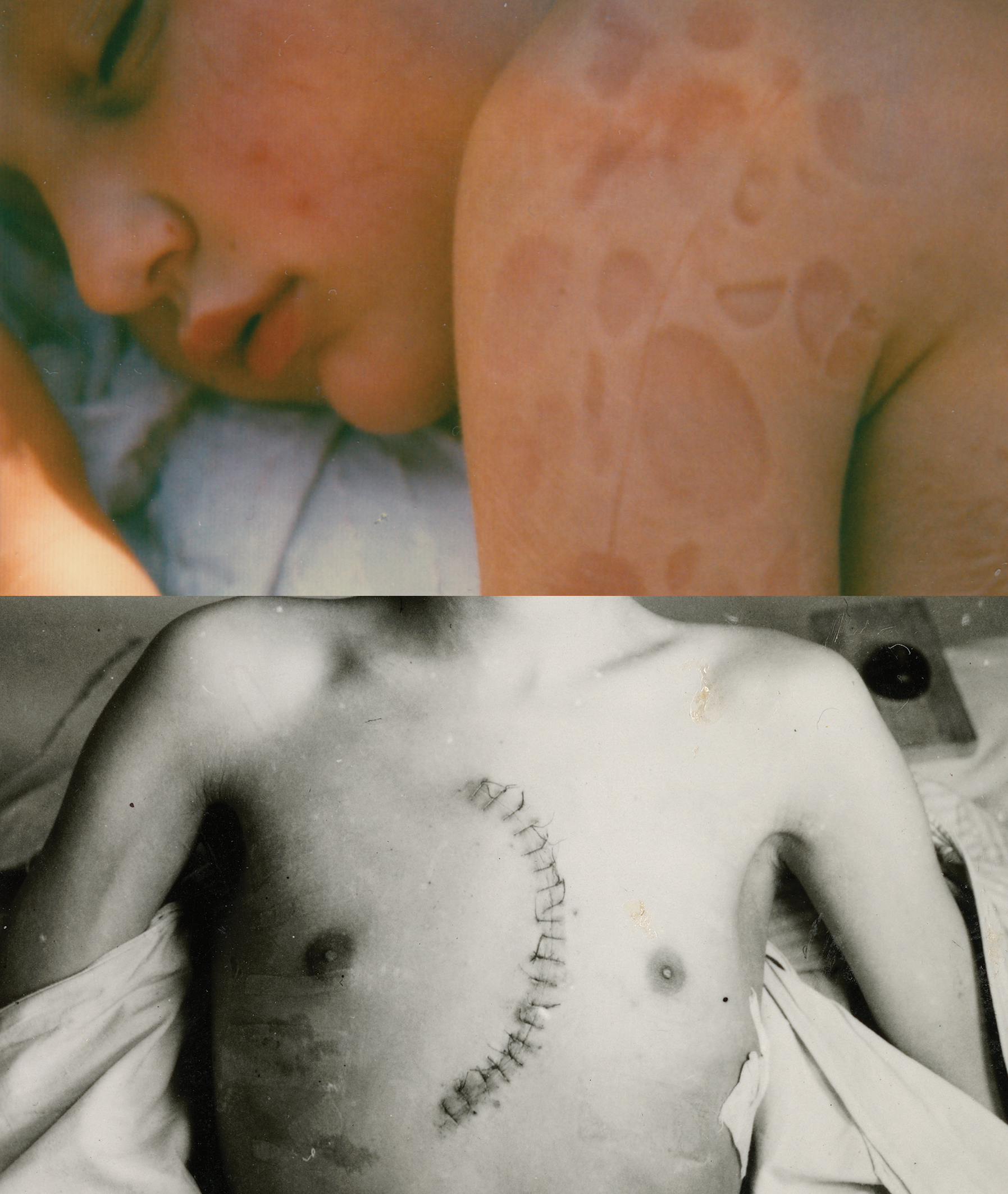
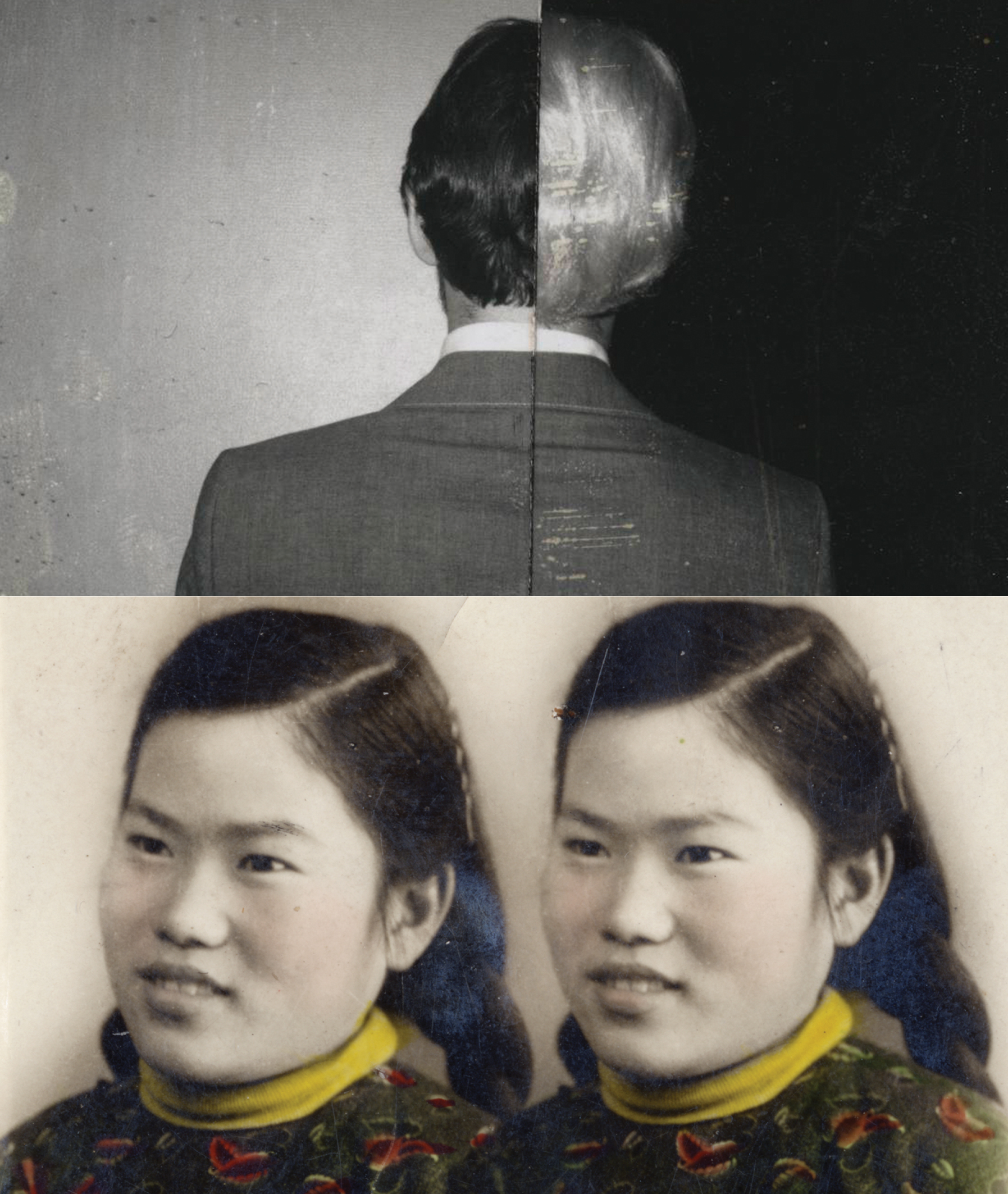
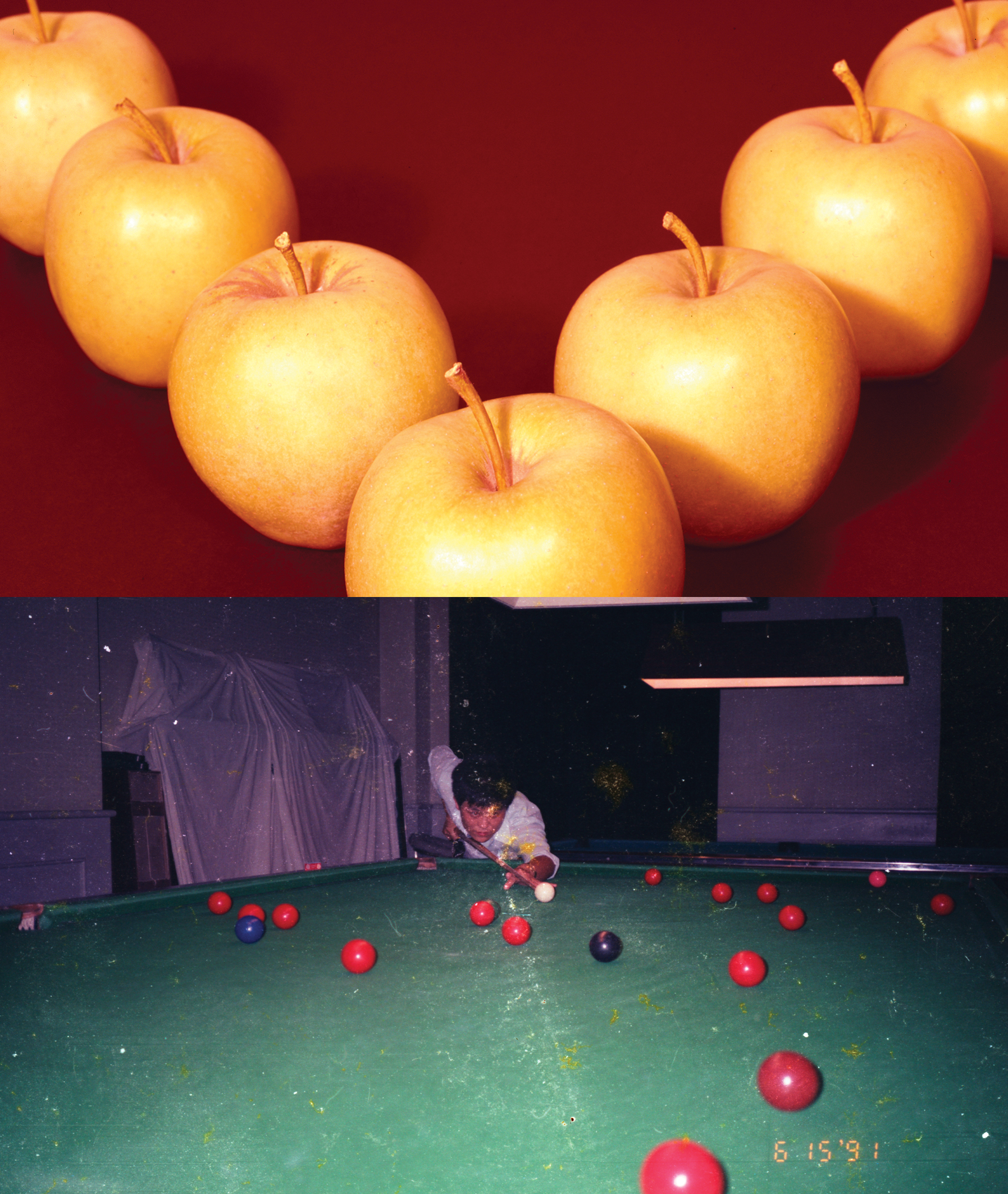
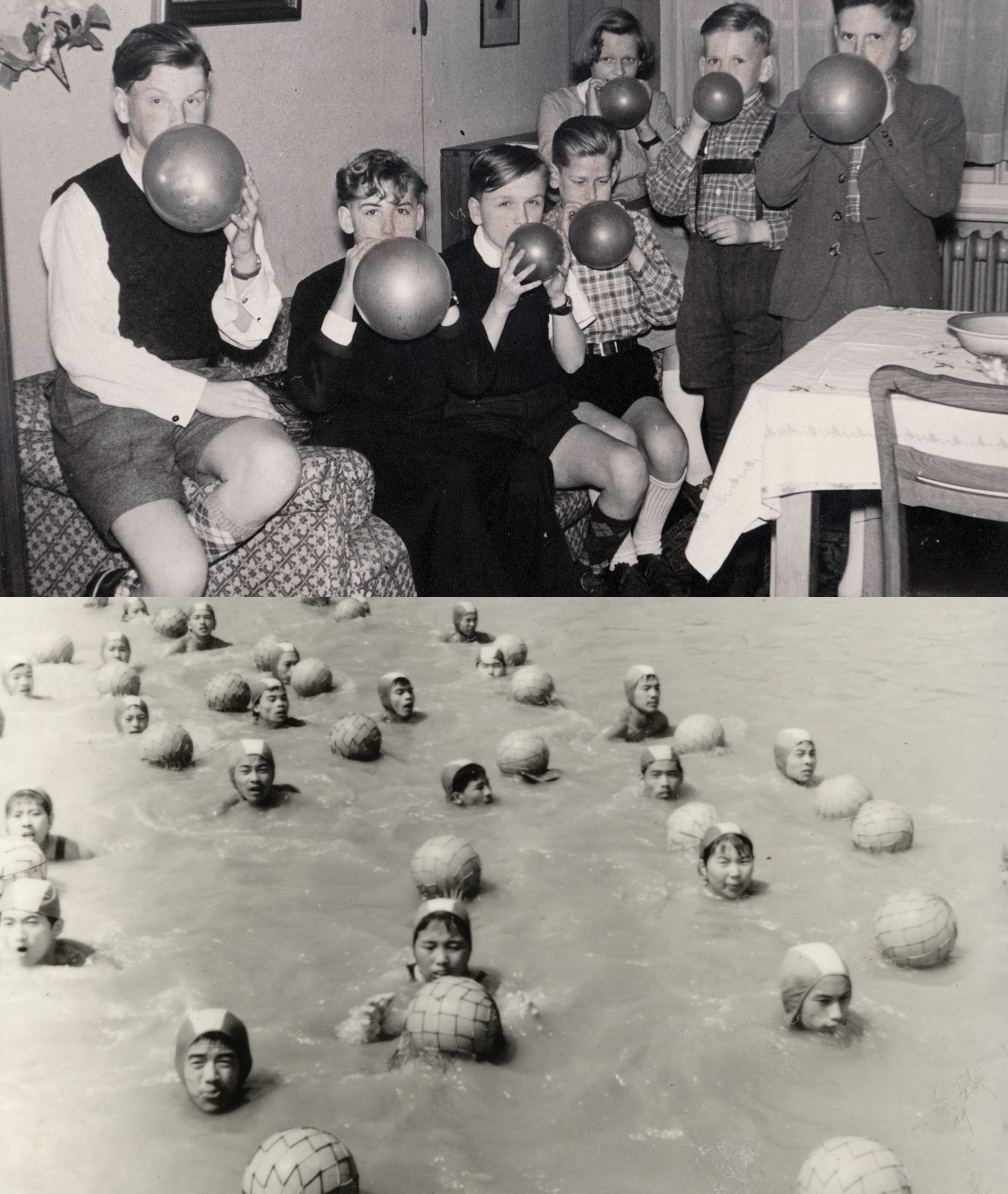
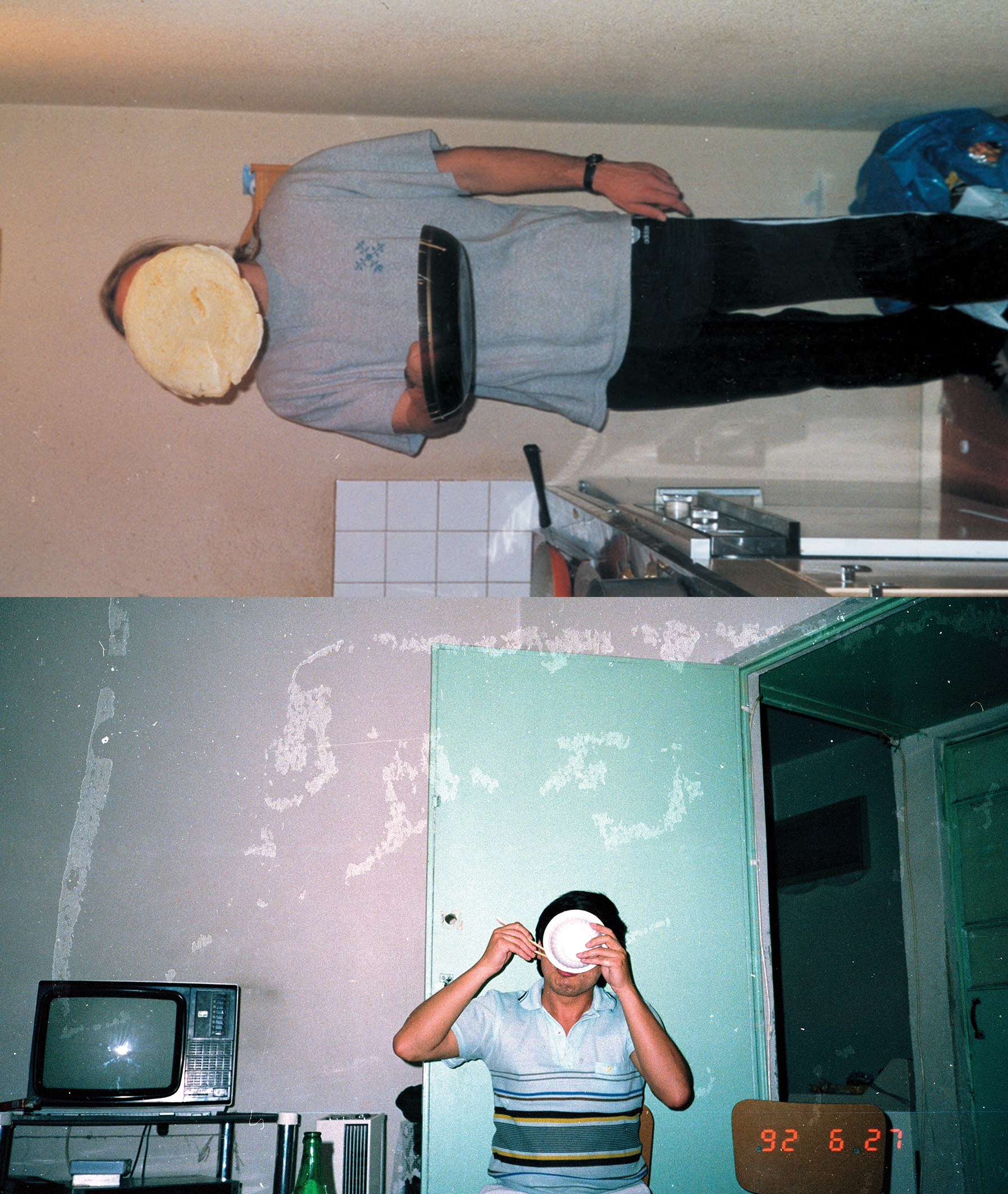
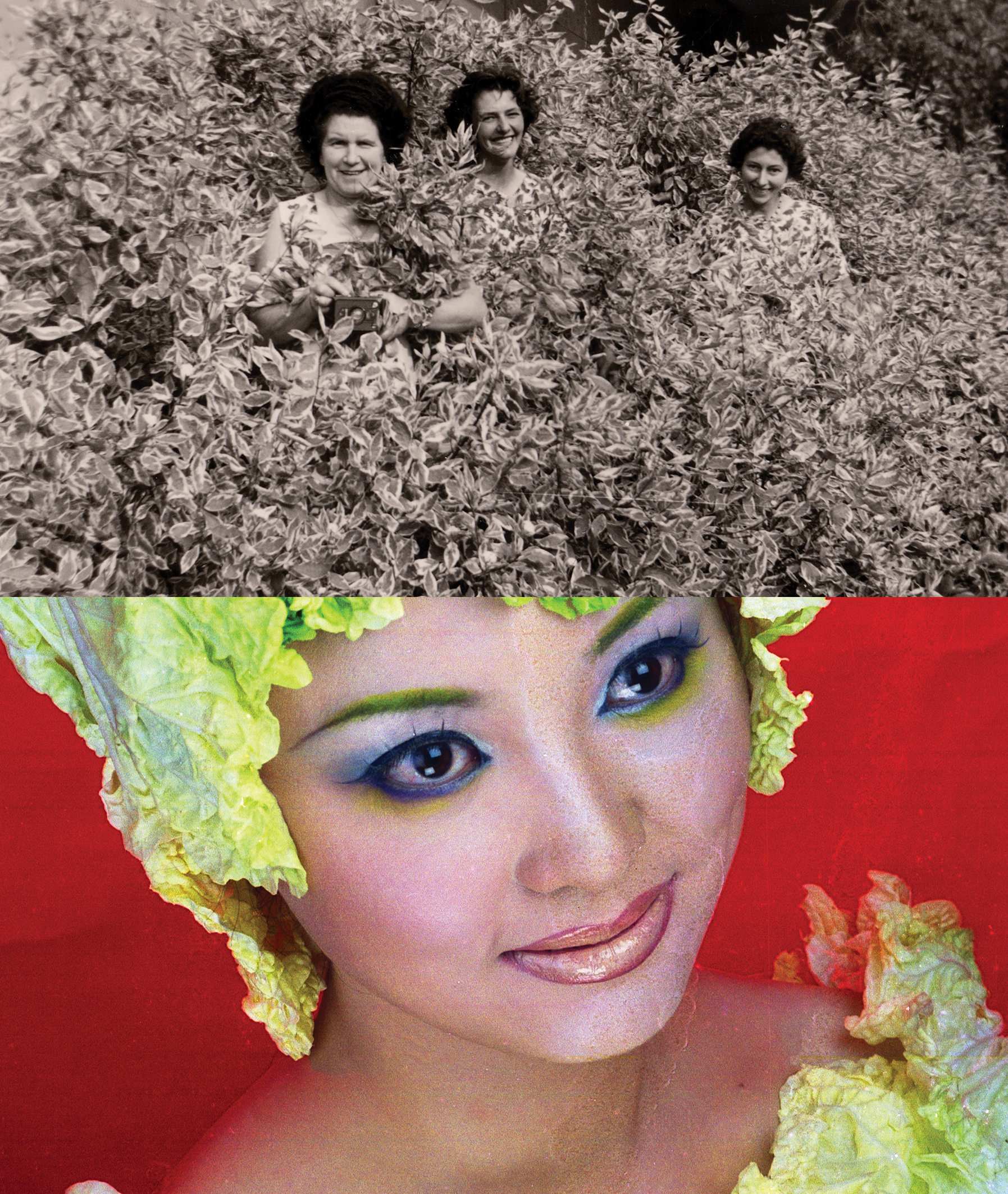
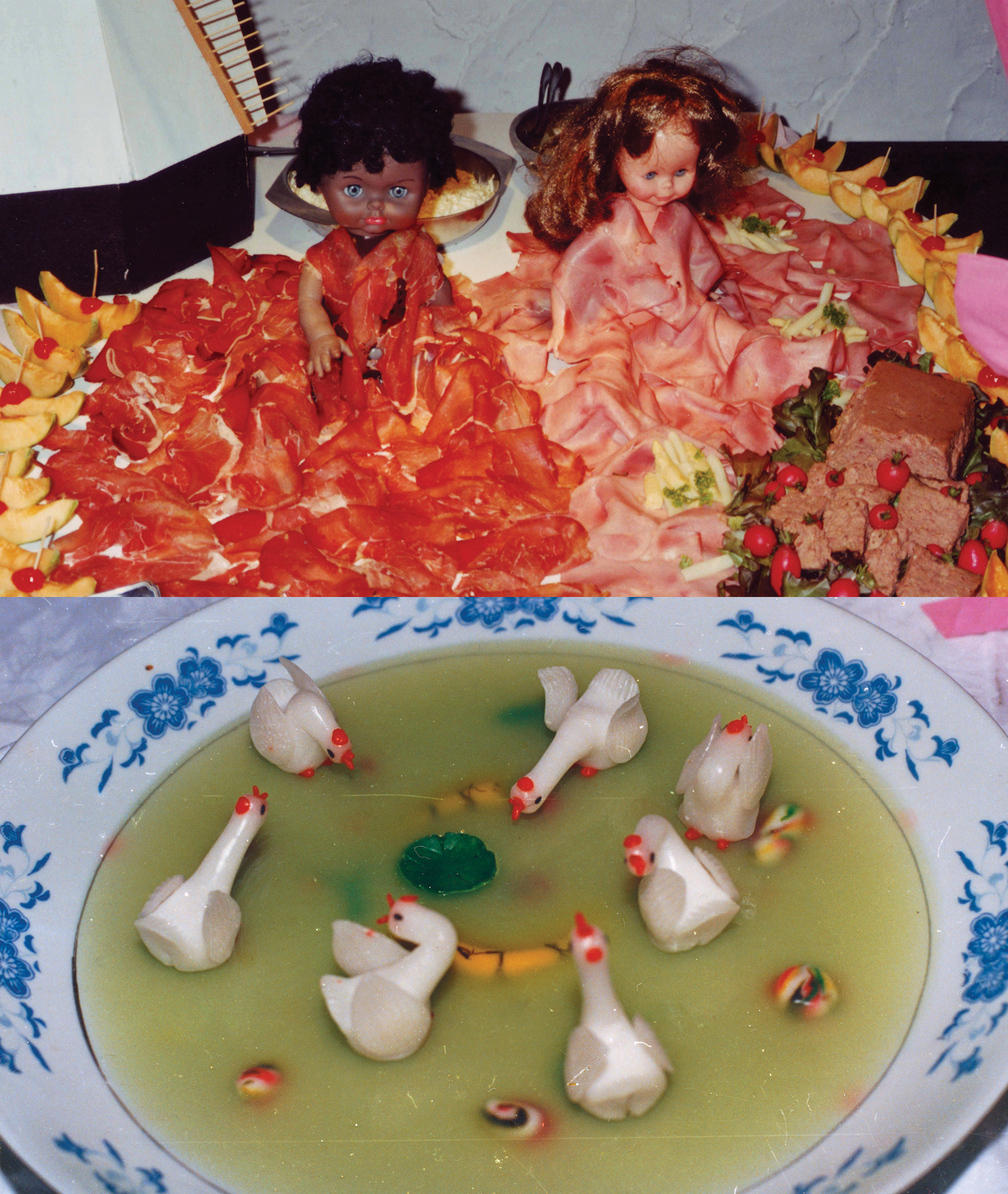
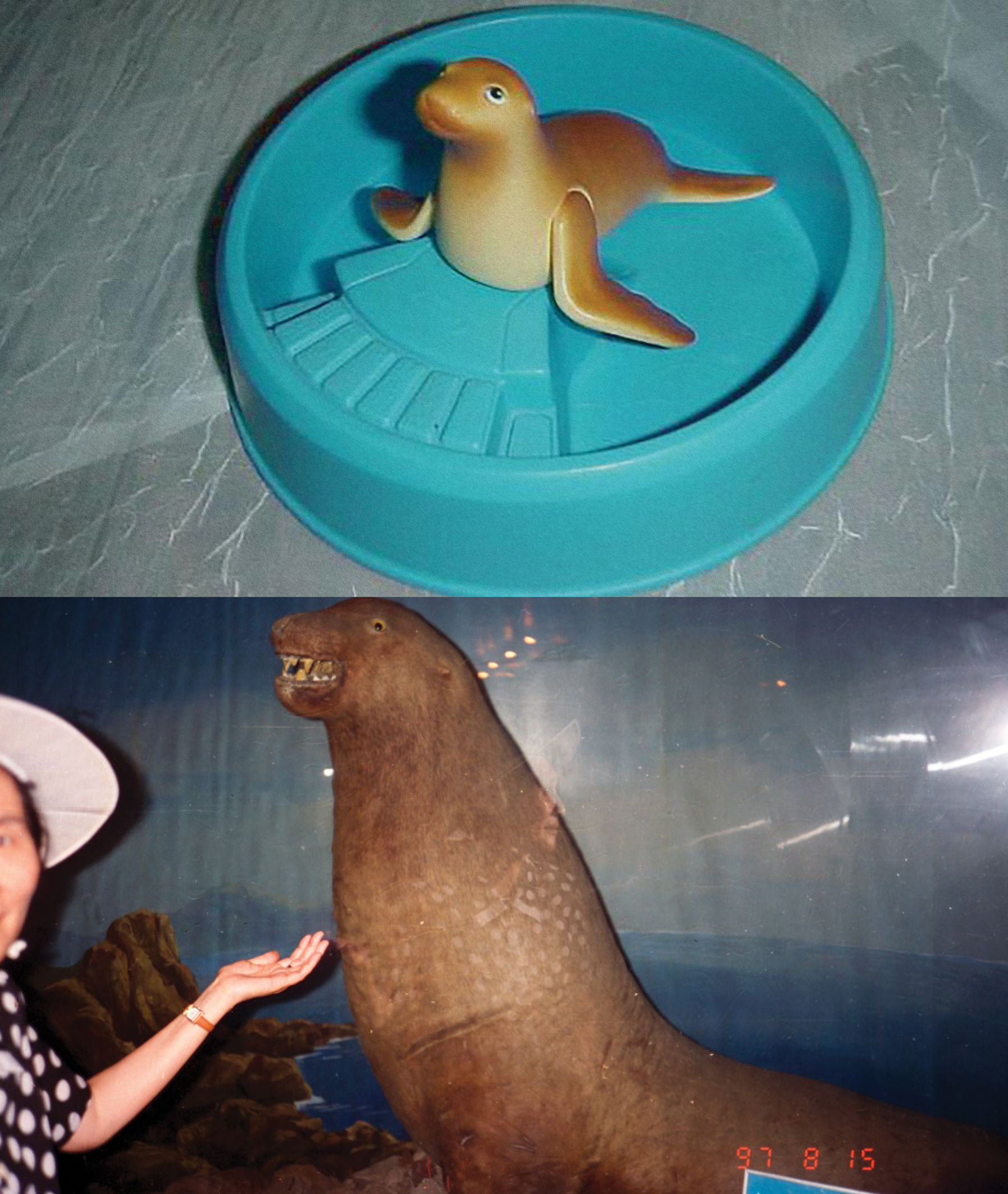
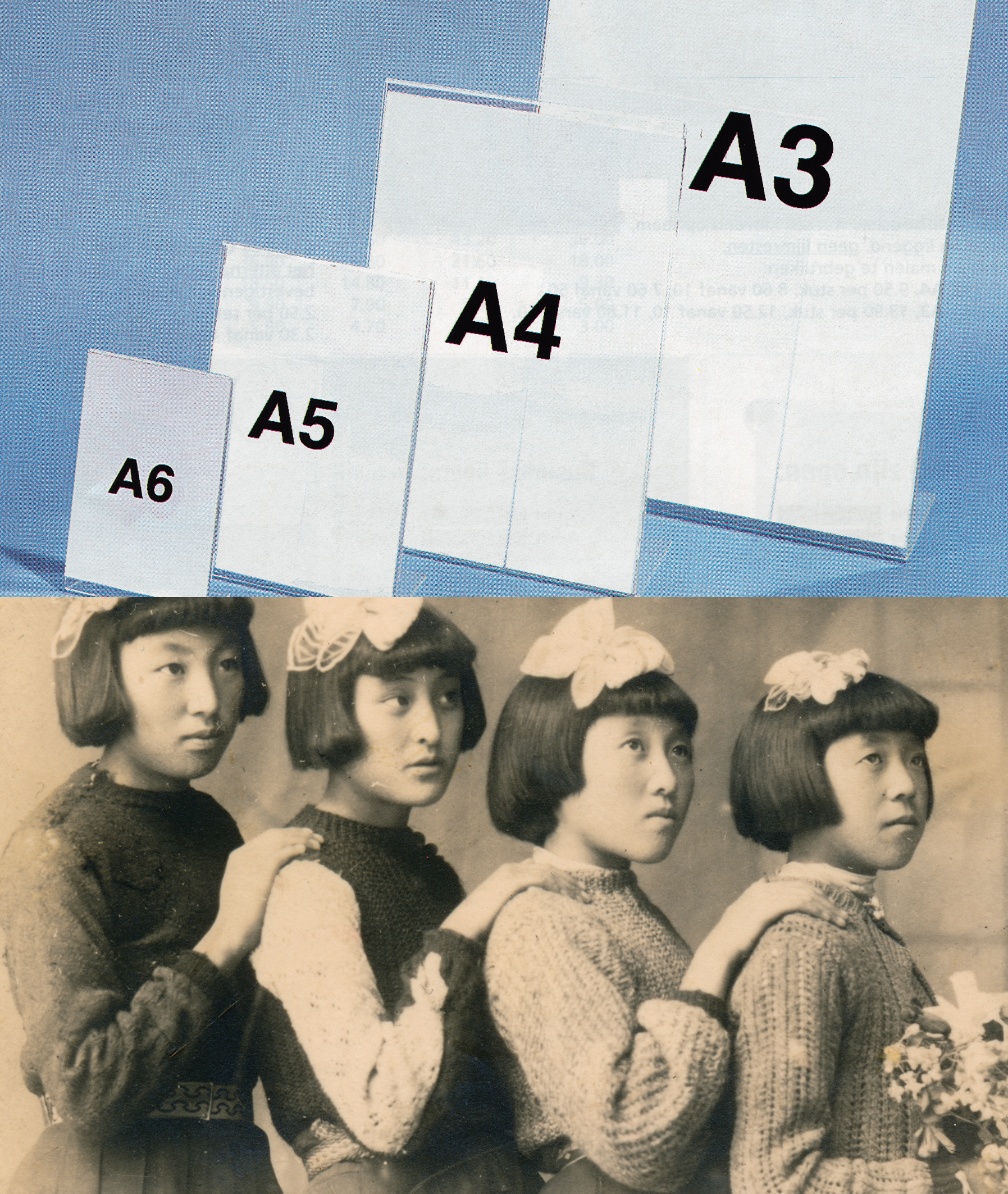
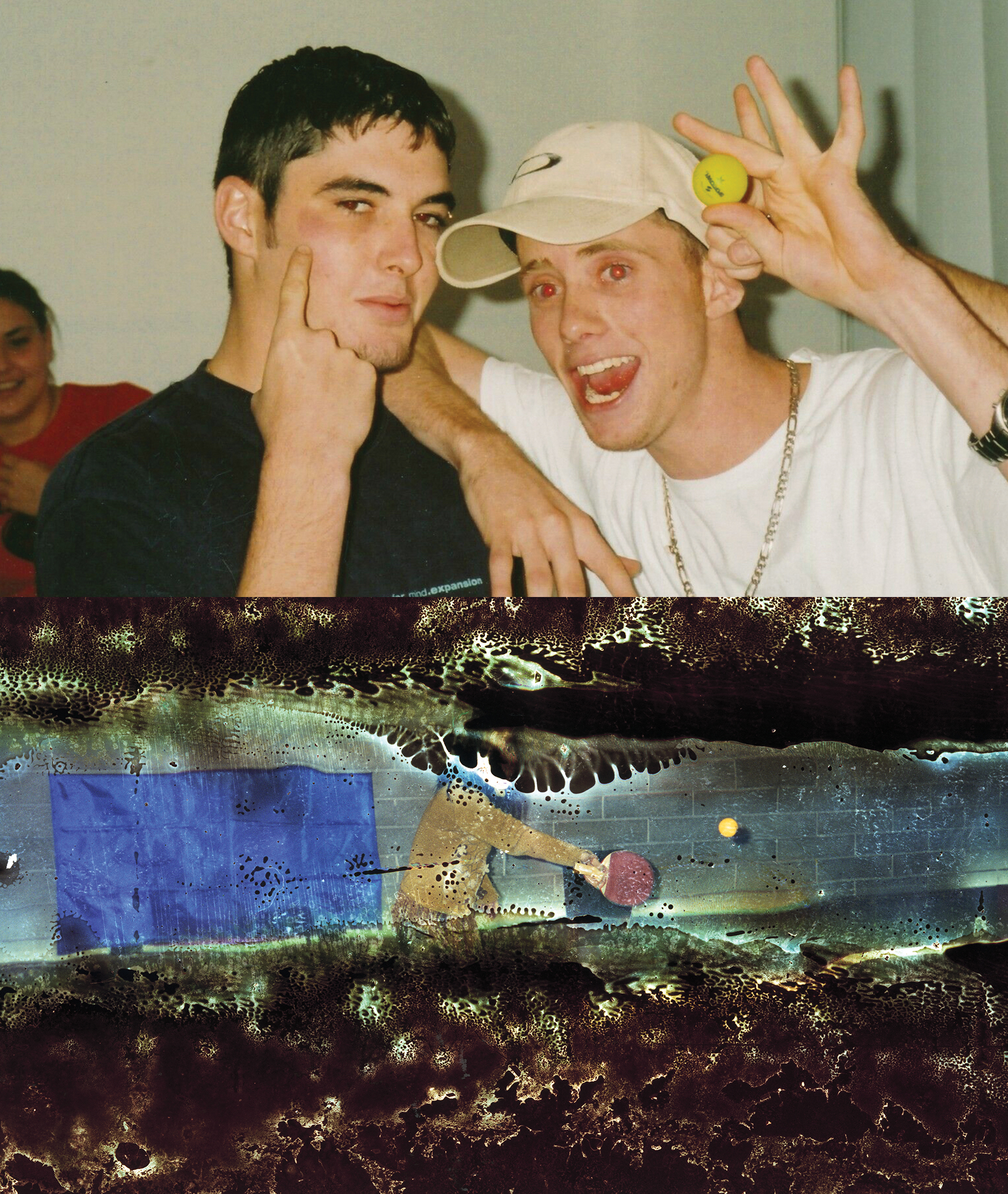
Linda Zhengová
TALK SOON
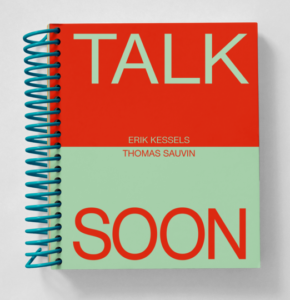
Softcover, Tearaway Postcard Book, 180 x 130mm, 120 cards
€40
Despite the COVID-19 related feeling of collective dread being experienced in recent times, we have been witnessing a new wave of creative initiatives. In particular, an influx of collaborations between artists has been emerging all over the world (such as stayathome.photography and Tomaso Clavarino & Patrizio Anastasi’s book).
TALK SOON’, the latest collaborative publication by Erik Kessels and Thomas Sauvin, is one such project in line with this recent trend: consisting of around 120 images sourced from their respective archives. The publication is the product of a creative, long-distance exchange that took place in the spring of 2020. This ‘quarantined image-dialogue’ has now been composed into a book divided into two segments – ‘TALK’ by Kessels showcases images from his personal (Dutch) collection of vernacular photography, whereas ‘SOON’ by Sauvin draws from his China-archive of amateur (analogue) photo material.
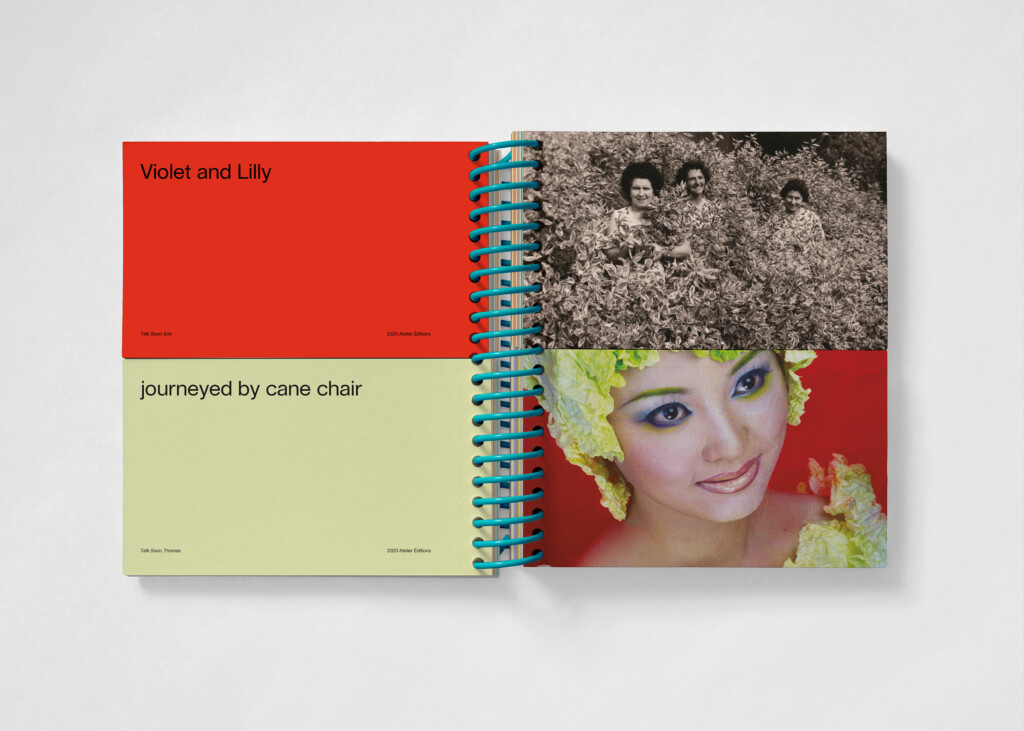
Ranging from odd family photographs to bizarre still lifes, the snapshots are taken from daily life scenarios, yet the edit turns them into something far from ordinary. Filled with humour and quirkiness, the photographs trigger our curiosity and imagination, and when coupled with the free-associative whimsical titles printed on the backs of the photographs – written by New Zealand author Kingston Trinder – the collaborative work takes on an extra dimension. The titles, printed onto brightly coloured backgrounds, gently nudge us into a certain associative direction, yet leave enough space for our minds to form their own personalized connections.
Due to the seemingly arbitrary arrangement of the photographs, and the fact that the viewers can rip out any images they like – the images are printed on jagged paper so they can serve as take-out postcards – the position of the onlooker shifts from that of a mere observer to contributing author of the work. For example, taking out a single “postcard” changes the rest of the book’s arrangement completely – altering the dialogue of the top and bottom images. At the same time, the postcard turns into an individual object; and its fate solely relies on the viewer.
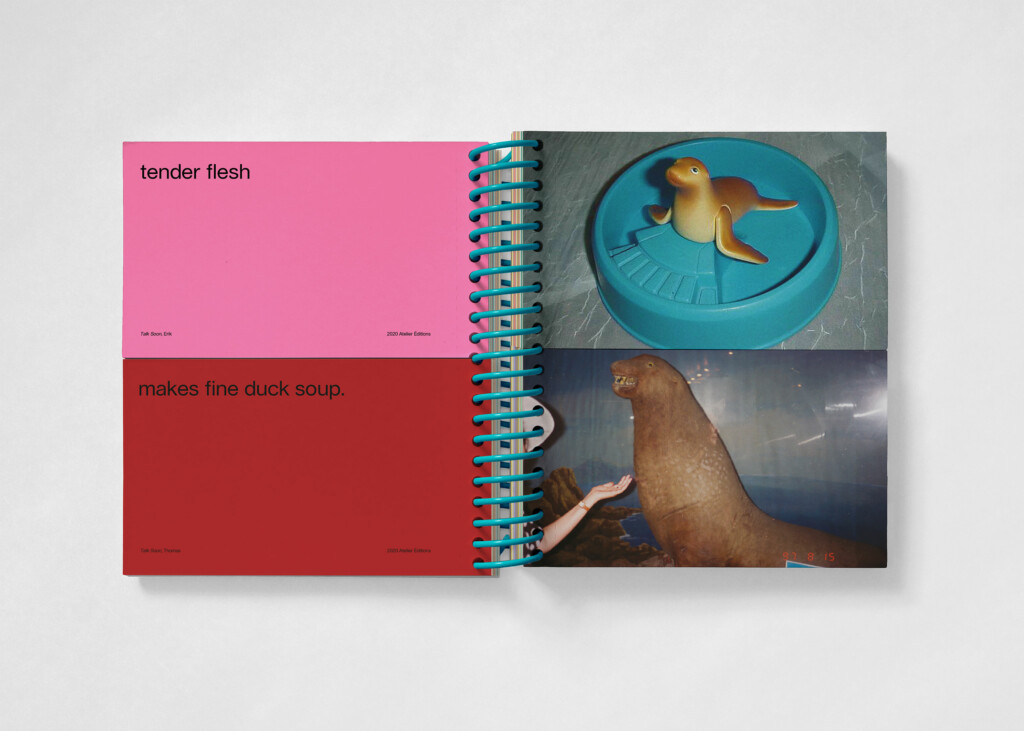
By relinquishing control of how the images are seen (how they are interpreted and disseminated in their juxtaposition), Kessels and Sauvin allow for a myriad of novel associations and connections, suggesting not only a playful approach to their hybrid format but also (by way of the postcards) stimulating a certain nostalgia for the days in which the world was more physical yet also more distanced, more analogue and less virtual. They remind us of the times when the postcard served as a humanistic, communicative vehicle transgressing various places to deliver a message and, with its visuals, an imaginary escape away from our mundane environment.
Now we certainly exchange fewer postcards than before the digitalization of the world. However, in this situation of a global pandemic, when we are craving human contact and affection, the postcard might be a way to fill this gap by reminding us of happy moments. It is certainly hard to replace the warm feeling of receiving a card from a long-distance friend. Accordingly, the title is a vision of a better future while providing references to the past, hinting at a sort of hopeful utopia for the days when it will once again become possible to travel across borders and talk in real life…soon!
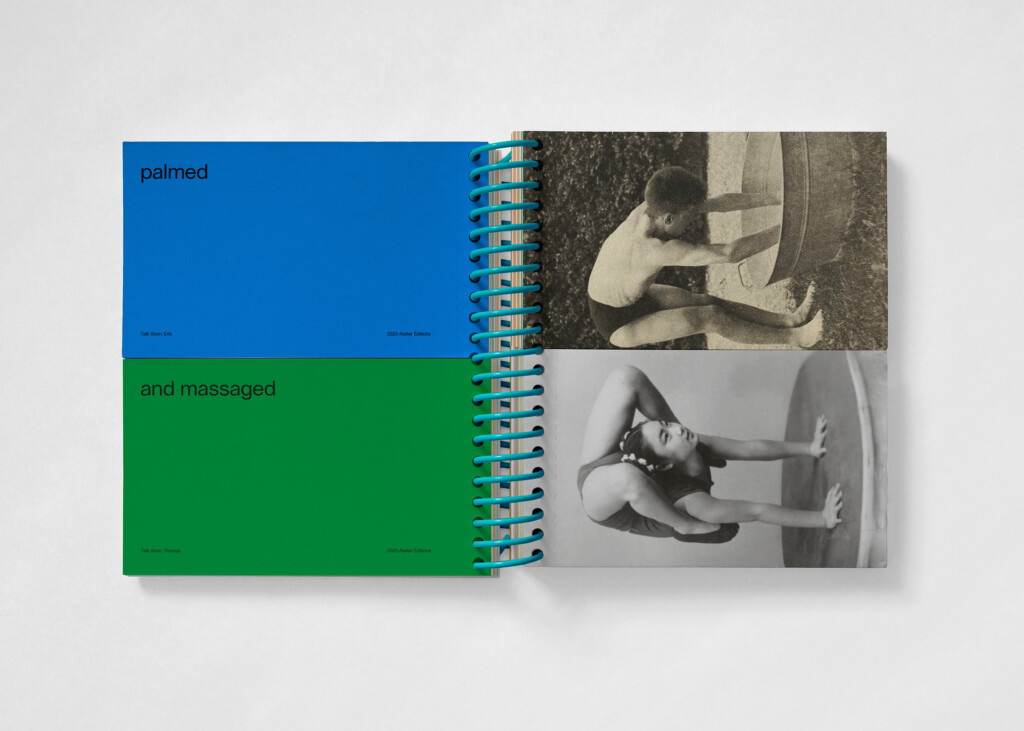
Erik Kessels (b. 1966, Netherlands) is a Dutch artist, designer and curator focusing his work around the medium of photography. He is also a creative partner of KesselsKramer, an independent communications agency located in Amsterdam, London and Los Angeles.
Since 2009, the collector and artist Thomas Sauvin (b. 1983, France) has salvaged discarded negatives from a recycling plant on the edge of Beijing, negatives that were destined for destruction. His Beijing Silvermine archive, one of the largest archival projects in China, now encompasses over 850000 anonymous photographs spanning the period from 1985 to 2005, thus allowing the reconstruction of a large part of the history of popular analogue photography in the country. This unceasingly evolving archive provides a visual platform for cross-cultural interactions while impacting our collective memory of the recent past.
‘TALK SOON’ is available for purchase via ARTIBOOKS and Atelier Éditions.